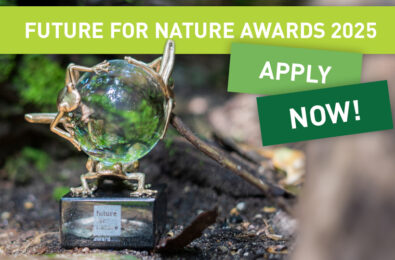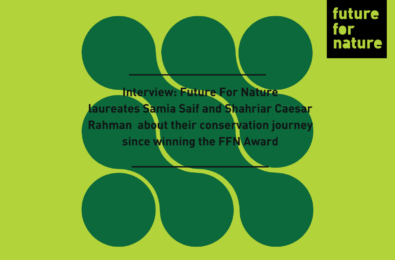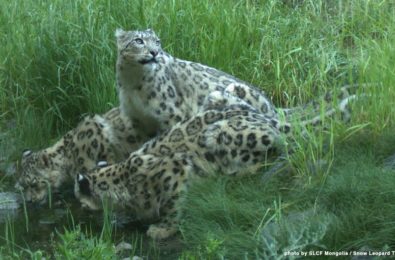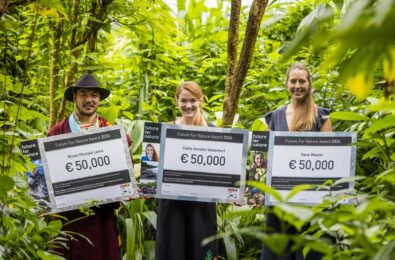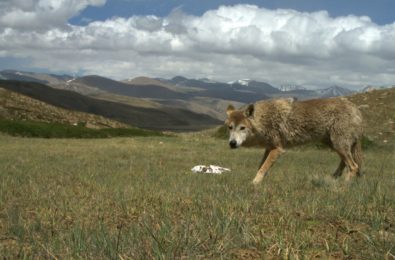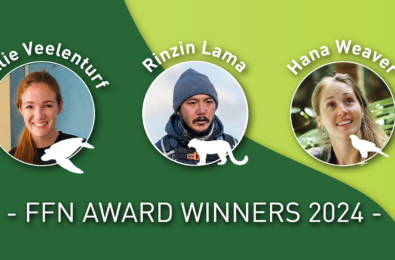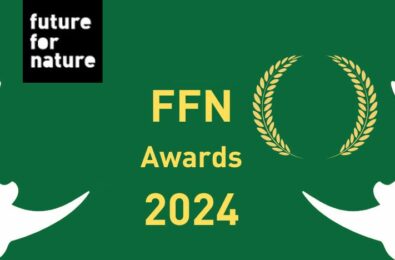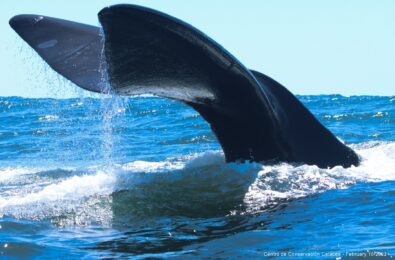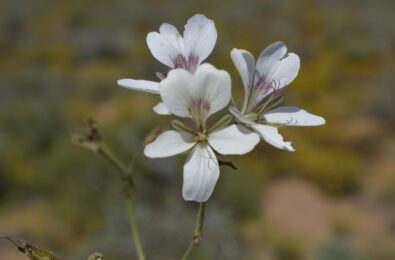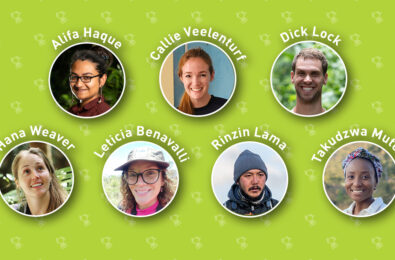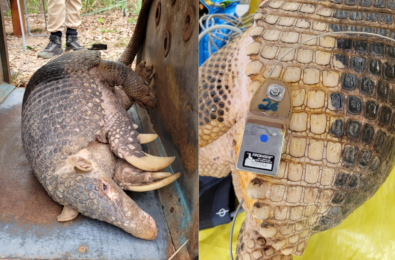Making Conservation Work for Nature and People
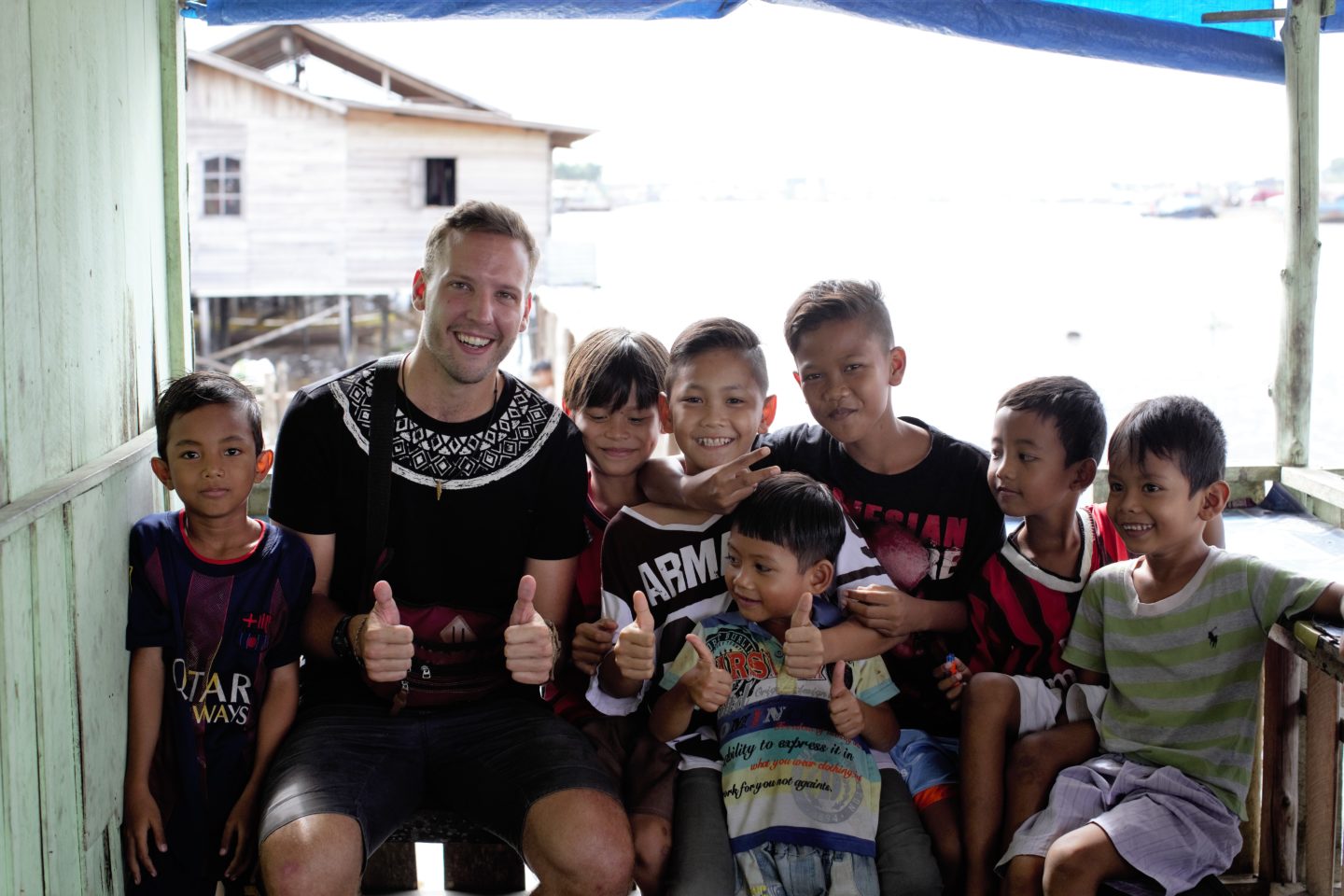
Reconciling nature conservation with social development can be challenging. Human overexploitation of resources is one of the main drivers of biodiversity loss worldwide. Hence, preventing human activity in precarious ecosystem appears sensible to protect nature. However, such exclusion strategies are often associated with unethical social-economic consequences.
Fortunately, alternative strategies that consider how local communities use and depend on nature, such as community-based conservation, are promising opportunities to provide solutions for both nature and society.
Adam Miller (Award winner 2018) works on the identification of such solutions and trade-offs for coastal communities who depend directly on mangrove ecosystems for their livelihoods. In his newly published study, Adam and his colleagues show that community-based conservation in West Kalimantan, Indonesia, has improved income, health, and education of the community members, as well as reduced mangrove deforestation. Such studies are important to showcase that human wellbeing and environmental protection can go hand-in-hand, and even be more effective when they are combined!






